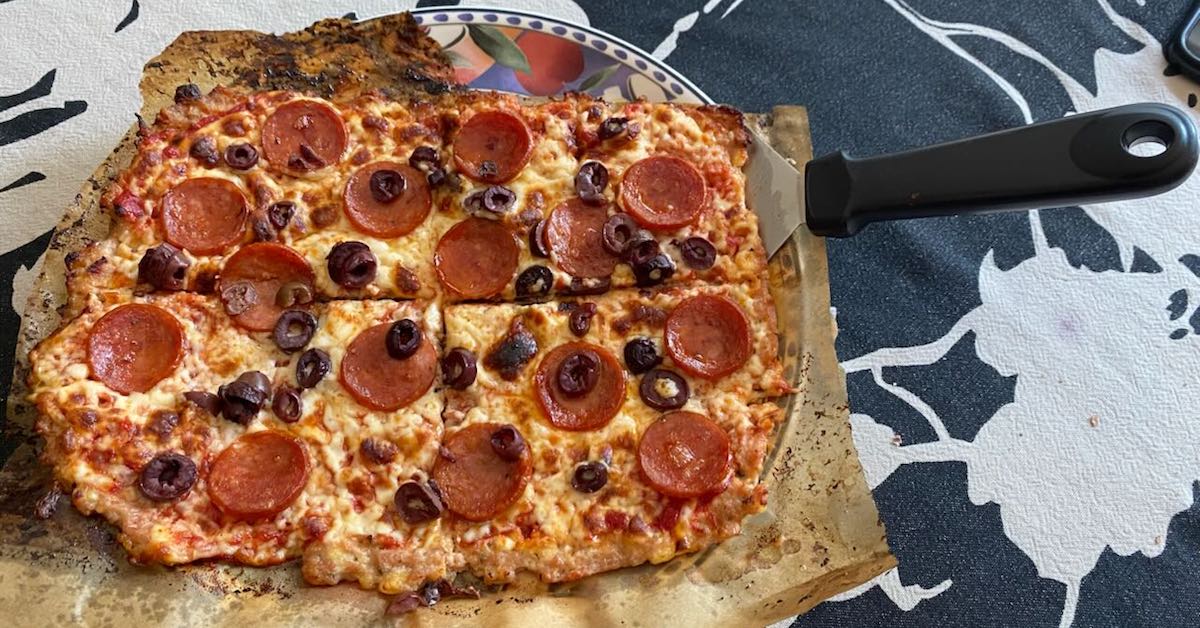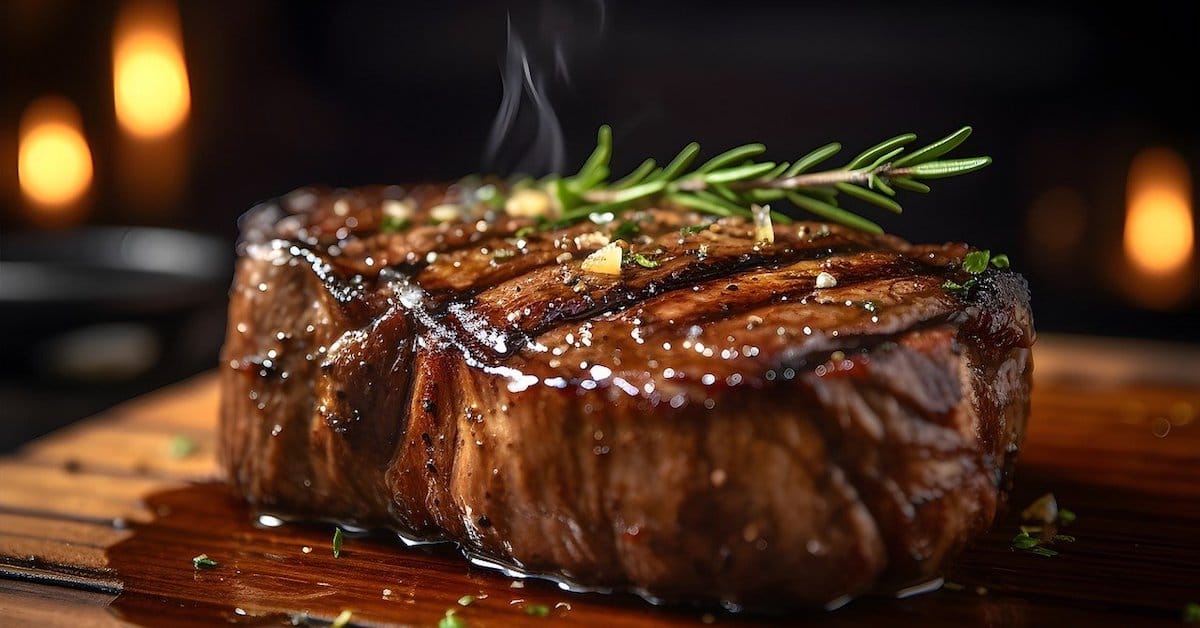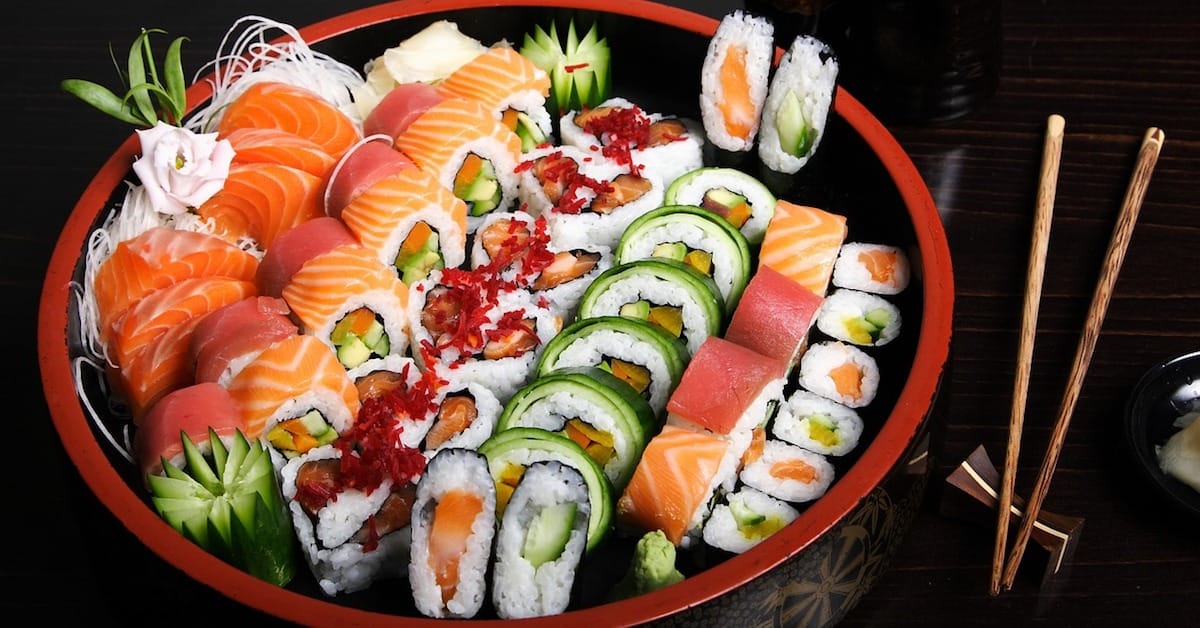There’s quite a bit of confusion when it comes to adding fat to vegetables. Can you cook spinach in bacon fat or melt butter on broccoli? Some say yes, others say no. Let’s look at both sides of the argument.
The Good
Fat adds flavor, which encourages you to eat more vegetables. It also improves the absorption of nutrients like fat-soluble vitamins A, D, E, and K, along with various phytonutrients (e.g., carotenoids).
The Bad
Fat adds flavor — but that can encourage you to eat too many vegetables. And saturated fat, like that found in bacon or butter, can promote the absorption of glucose and fatty acids into fat cells.
As you can see, improved flavor and nutrient absorption apply to both sides of the argument — but for very different reasons. Here’s a closer look at two factors that can tip the scale one way or the other:
1. Too Much of a Good Thing Can Be Bad
Let’s face it — if something tastes good, you’ll be more inclined to eat it. That’s a good thing when it comes to healthy, nutrient-dense foods. But too much of anything, even healthy food, can lead to excess calorie intake and fat storage.
2. Insulin Potentiation is a Cause for Concern
Although fat consumed with carbohydrates can delay the absorption of glucose into the bloodstream, combining the two may amplify insulin release — the storage hormone — which could be problematic.
A classic 1983 study by Australian researchers Greg Collier and Kerin O’Dea showed that even though adding fat to carbs may blunt blood sugar spikes, it does not reduce insulin levels. Over time, this could contribute to insulin resistance — bad news for diabetics or anyone concerned with body composition.
Take-home message:
Adding some fat to low-carbohydrate foods like spinach or broccoli is fine — provided you don’t go overboard. But adding fat to high-carbohydrate foods like potatoes may not be in your best interest.
Context Matters
It also depends on your overall diet. If you follow a lower-carb, paleo-style approach, adding fat to vegetables is usually fine. But if your diet is already high in carbohydrates, adding fat on top may be like throwing fuel on the fire.
Your activity level matters, too. After an intense workout that depletes glycogen, combining carbs and fat may not have the same negative impact. Still, a high intake of man-made or non-organic saturated fats can impair insulin sensitivity, encouraging fat storage.
A Warrior Separates Carbs and Fats
Ori Hofmekler, author of The Warrior Diet, sums it up well:
One of the most important principles of nutrient timing is to avoid combining high amounts of carbs and fats in the same meal, especially when sedentary.
Final Thoughts
Adding a little fat to vegetables can boost flavor and nutrient absorption — just be mindful of the amount, the type of fat, and what else is on your plate.

Have Your “Meatza” and Eat It Too!
By Mary Catanzaro Let’s be honest—most of us enjoy a good slice of pizza every now and then. But what

Meat: A Friend, Not a Foe
A new meta-analysis confirms what I’ve been saying for years: minimally processed beef has minimal to no impact on most

Sushi Lovers Beware: How Your Favorite Dish Affects Blood Sugar
Sushi seems like a healthy choice, but does it really keep your blood sugar in check? Let’s take a closer
follow
Error: No feed with the ID 2 found.
Please go to the Instagram Feed settings page to create a feed.
